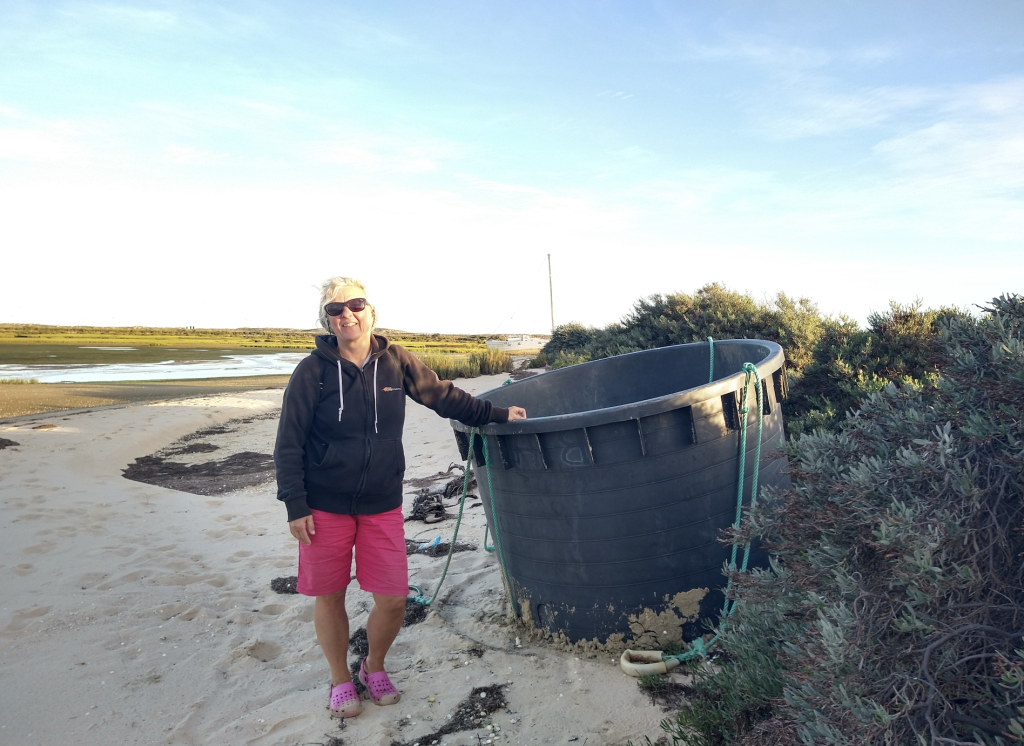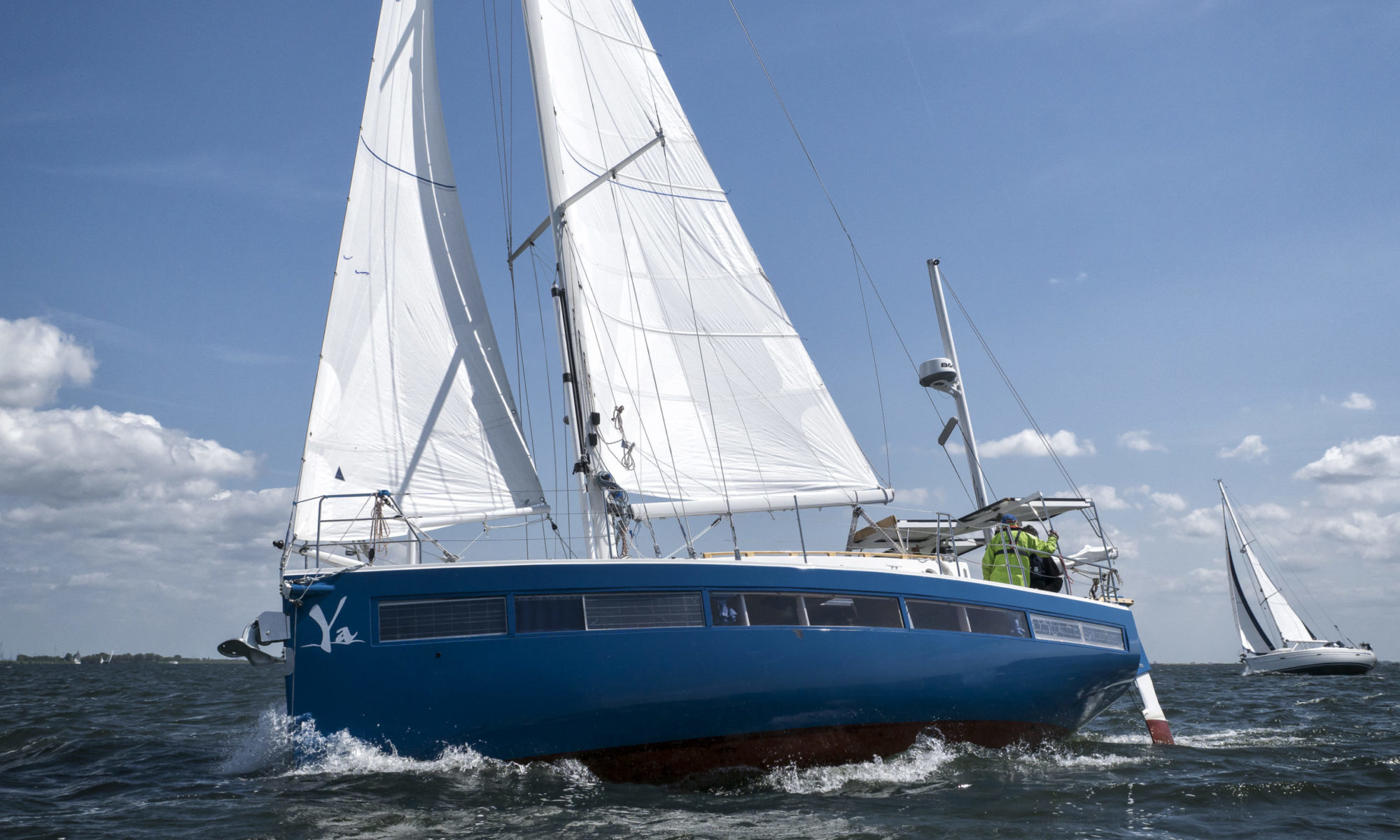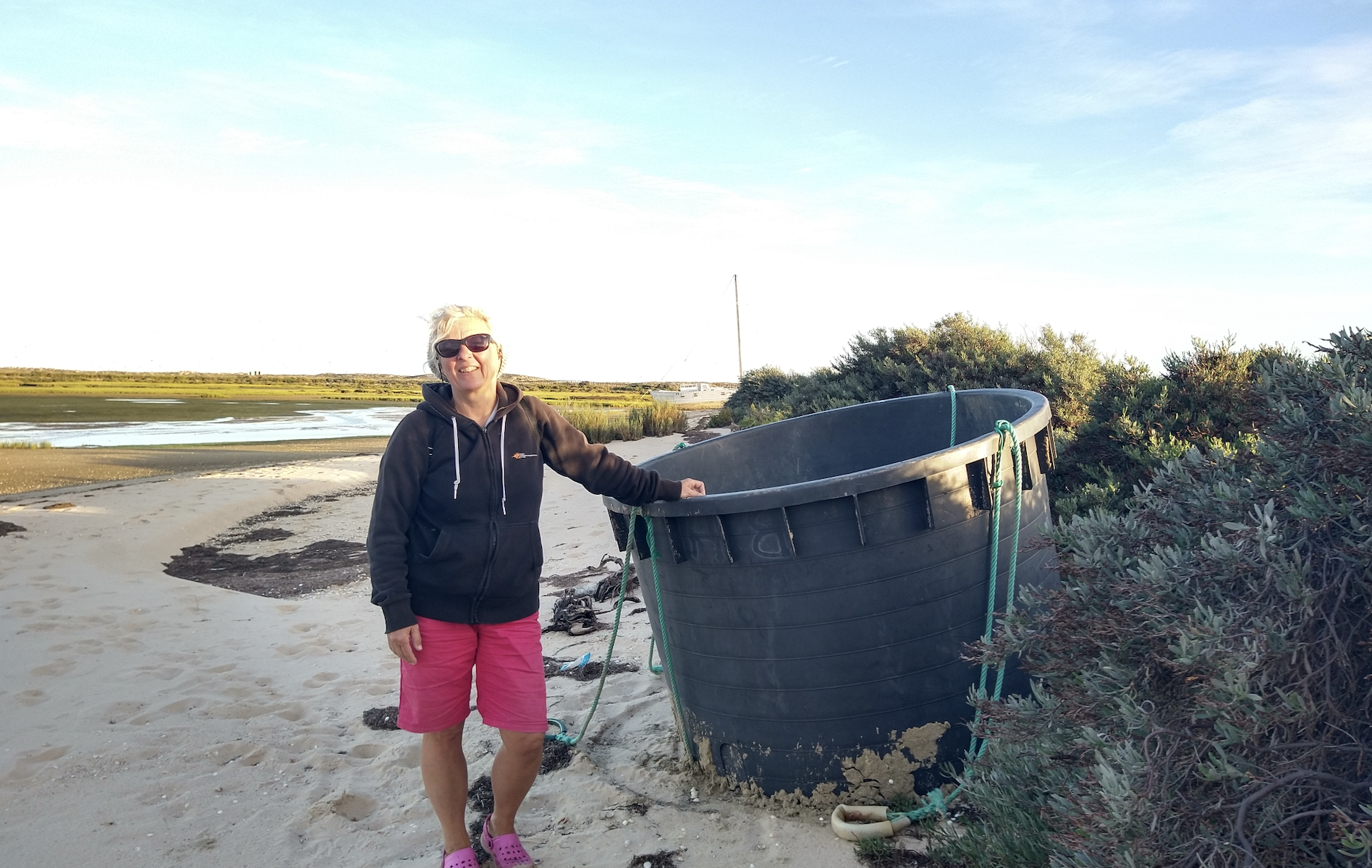Are you perhaps one of the 350 million people visiting reefs? (source).
If you want to do that sustainably, then this is something for you.
Travel off the beaten path
No habitat will change from the bit that you affect as an individual traveller. It changes by the impact of the mass. Then, habitats of birds, fishes and coral, will be damaged and disappear. The cause is called ‘overtourism’. Most people don’t consider overtourism, if they are aware of it anyway.
Often there are no airlines straight to the place off the beaten path. Yes it will cost you a certain quantity of extra time, but you get it back in quality. You can blend in. Perhaps you don’t blend in the place and the people, but they make you feel welcome and you can be part of it all. However, your environmental impact blends in the ecosystem.
And your visit there is a special visit, far more worth the money.
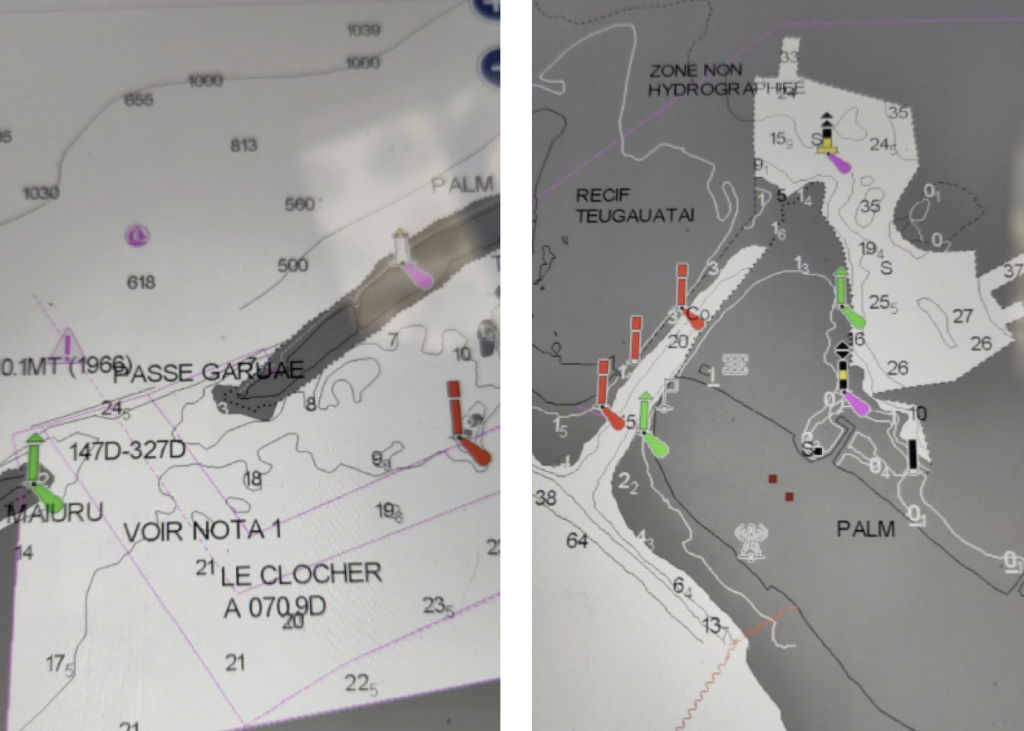
Stopping with single use plastic is easy in our Western culture. But once you are on the borders of our culture, in your vacation paradise, it is different. Their culture is often a bit like what we discovered in the seventies, with everything shiny and fast, the cars, the food, the sugarized drinks. And the single use plastics lubricate it all.
Stop using single use plastic – and talk the talk
As a traveller you are a special person in this culture. You are a combination of a tourist, a guest of the country who is smiling and enjoying, and a consumer who has money to spend. If they see you, there is something at stake. You are the one who can allow yourself the response: “Sorry, I don’t do single use plastic.”
Just don’t buy it. Actively ask for the alernatives. Be astonished or show your ‘je ne sais quoi’ look if they can’t answer you and turn your back to the shopkeeper and leave to go to the next one.
If your guesthouse or you B&B gives you a lunch or picknick basket with single use plastic, just give that back and ask for real forks and knives and cups. Show that you are serious, e.g. by saying you don’t mind an extra deposit for it.
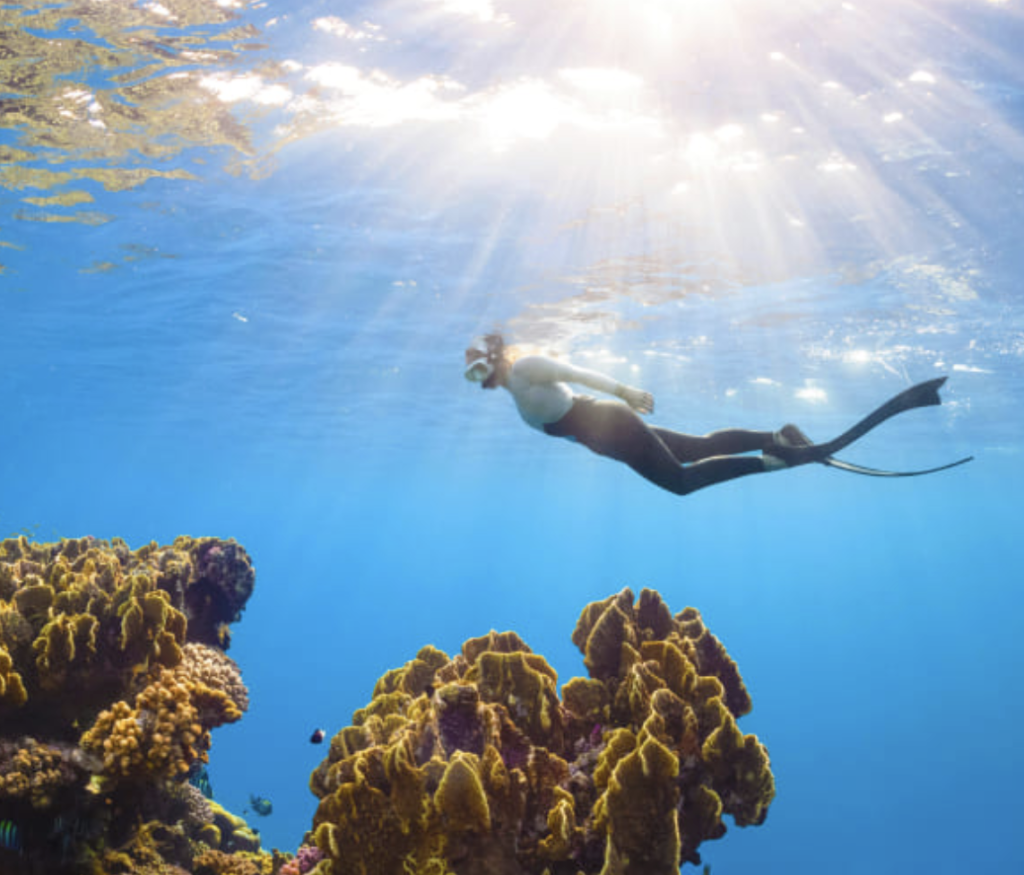
Since the local people have just been affected with these materials and the short term happiness the bring, they feel happy. So they look away from the garbage floating in their waters. But you, with your smile, are allowed to ask questions. You are in the only group -the only stakeholder if you want- who can stop single use plastic in time, make the short cut for this people. This is what you can give back.
Pick it up
Once the local people are affected with the western-american habits and lifestyle, you find the impact floating in the water. It doesn not mean that you can do the same. Do the opposite and fish it out of the water and bring it all the way to a bin. The ecological impact is perhaps nothing, but it shows that you are respecting their nature as it is.
For example in Bocas Del Toro, Panama, the Wasteless World Foundation organises a two week clean up of the beach of a small island. Now that it is clean for some years, the islanders themselves change bit by bit and the cleanups are becoming less and less frequent.
